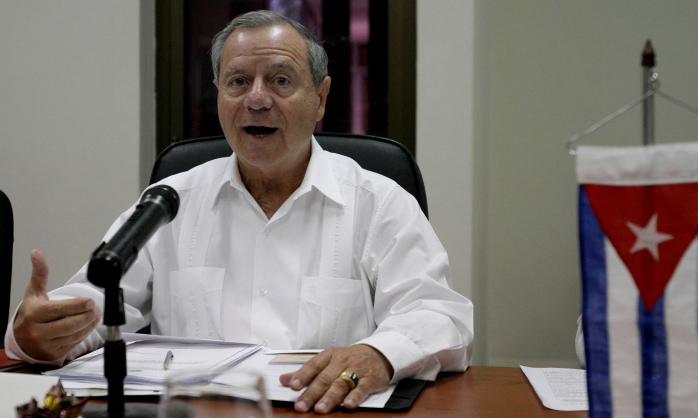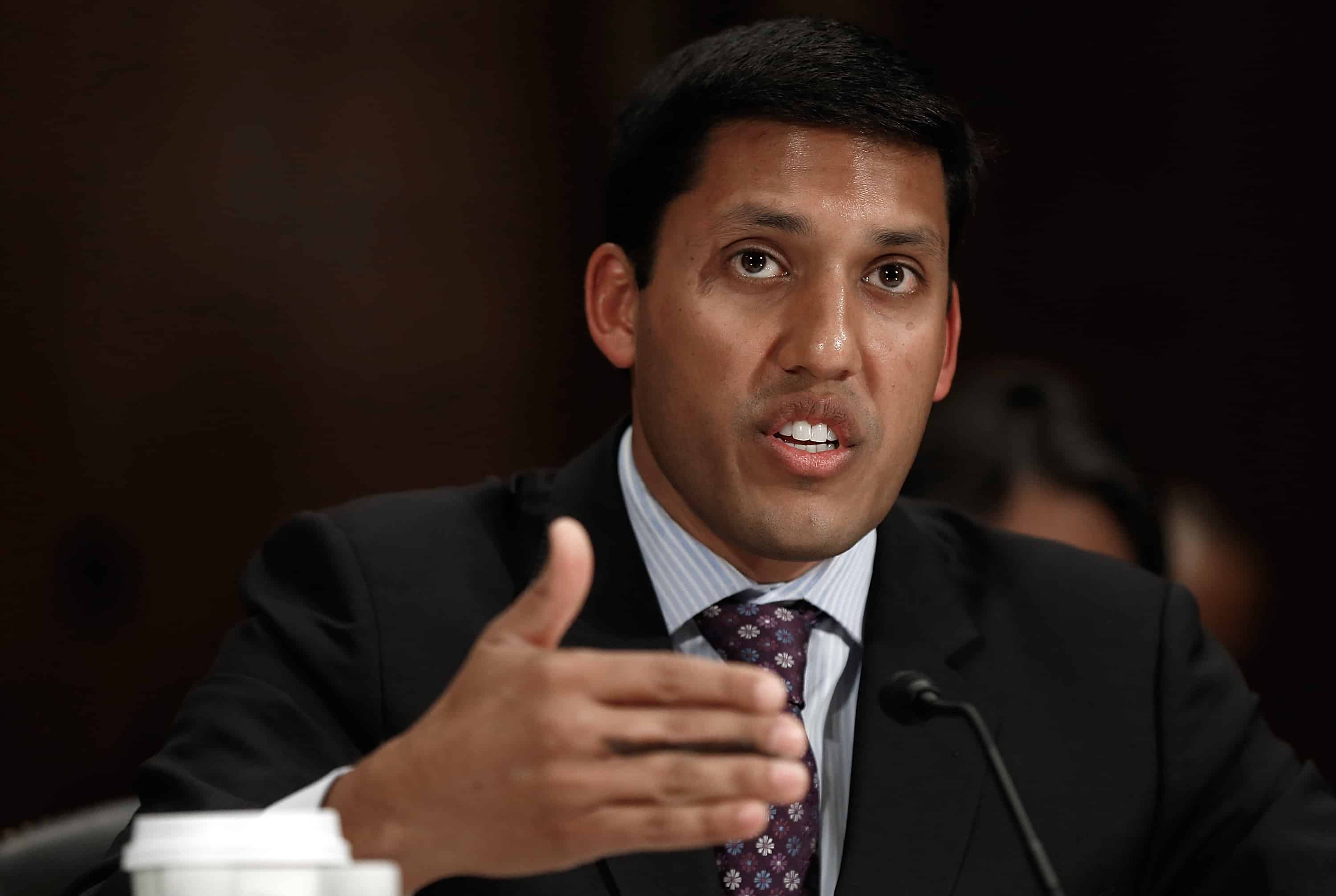The Costa Rican government is unhappy a controversial micro-blogging platform allegedly designed to destabilize the Cuban regime operated out of Costa Rica between 2009 and 2011, the daily La Nación reported on Tuesday.
La Nación suggested that the United States Embassy in San José facilitated the program – which was funded by the U.S. Agency for International Development, or USAID – behind the Costa Rican government’s back, and neglected to inform the Costa Rican Foreign Ministry and other government officials of the program’s true intentions.
The U.S. government developed the Twitter-like application, called ZunZuneo, over 18 months in Costa Rica and other countries, despite the Costa Rican Foreign Ministry’s refusal to accredit USAID officers. According to La Nación, Costa Rica denied the U.S. support because of doubts over the program’s legitimacy.
ZunZuneo allowed Cubans, who face strict curbs on expression, to be able to “talk freely among themselves” consistent with universal rights and freedoms, according to USAID. White House spokesman Jay Carney said the program was a “development assistance” scheme targeted at Cubans facing government restrictions on information and had never been a secret.
USAID funded the $1.2 million program operated by Creative Associates International Inc., a Costa Rica-based company based in Washington, D.C.
USAID spokesman Matt Herrick said the application was built to build interest among Cubans using topics like sports scores, weather and trivia. But the Associated Press, which originally broke the story, reported that political content was to be introduced at a later stage to encourage Cubans to mount “flash mobs” and demonstrate against the island’s communist government.
Recommended: Cuban regime change starts with embargo’s death
The White House denied the program was covert and said it was consistent with U.S. law.
La Nación reported that communications from the embassy requesting permissions from the Costa Rican government in April and May of 2009 sidestepped the program’s true intentions. The documents obtained by La Nación referred to the program as the “Latin American Exchange Program,” and said the program’s aims were to “increase communication, links and exchanges between democratic civil society in Cuba and civil society organization in Latin America and the Caribbean, including Costa Rica.”
Costa Rican Foreign Minister Enrique Castillo told La Nación:
“It does not appear correct to the Foreign Ministry that embassies launch actions from Costa Rica that affect another country. We cannot approve this in any case. This is not good.”
In 2009, the Foreign Ministry refused to grant diplomatic accreditations for Xavier Utset and Noy Villalobos, U.S. contractors working on the project for Creative Associates. Castillo told the newspaper that there wasn’t cause at the time to object to the program, but there were enough questions to refuse the U.S. request.

The U.S. Embassy, however, contends that it did notify the Costa Rican government of the program and never hid information from officials.
“We have internal communications that demonstrate that members of the embassy informed the ministry of the program, including before the exchange of diplomatic messages. We have no record of receiving an objection,” U.S. Embassy information officer Eric Turner told the daily.
Turner noted that emails recorded a meeting with the foreign minister in January 2009 when the ministry was informed of the opening of a USAID program in Costa Rica operating in regards to Cuba.
Turner, however, did not provide copies of these emails when requested, La Nación said.
AFP contributed to this story.
Recommended: Gross, US contractor held in Cuba, goes on hunger strike






